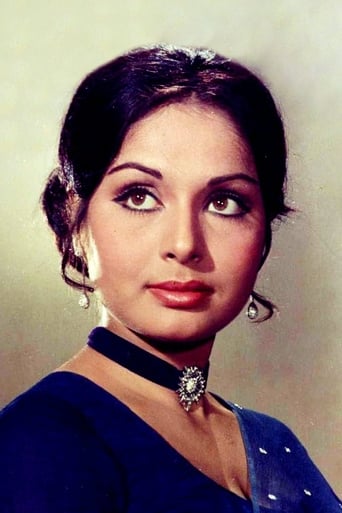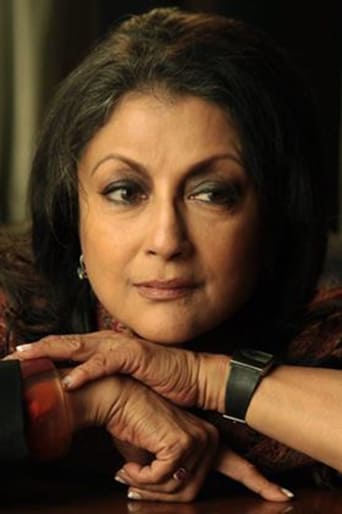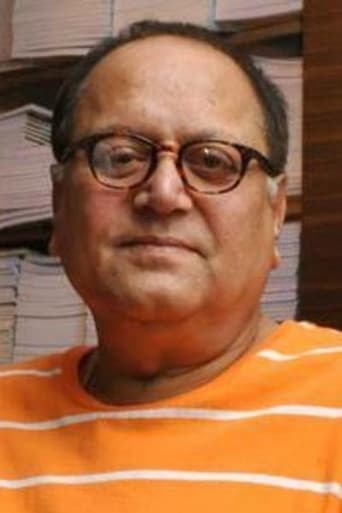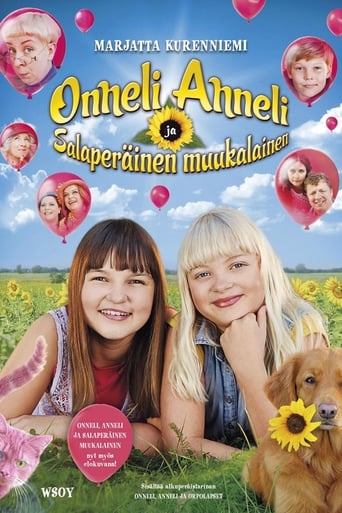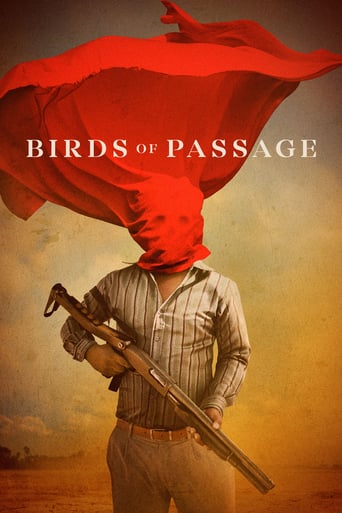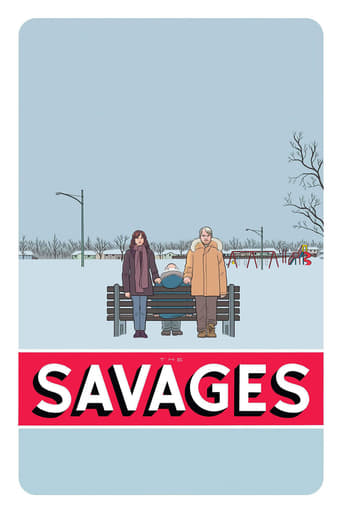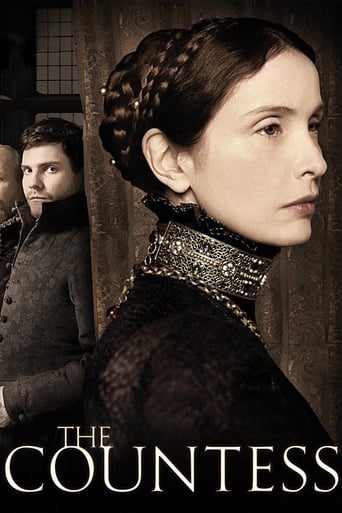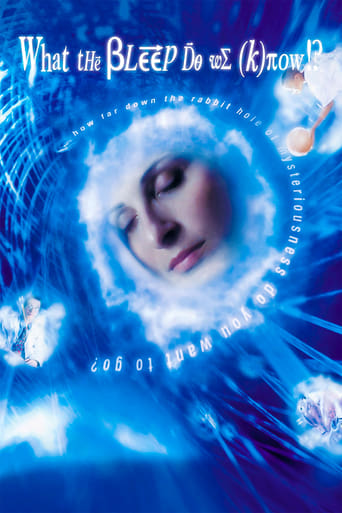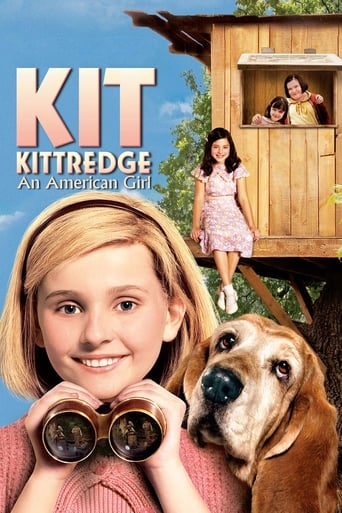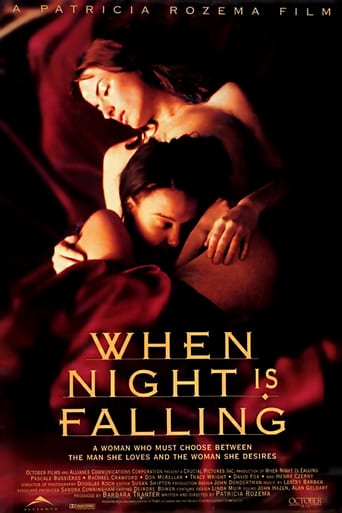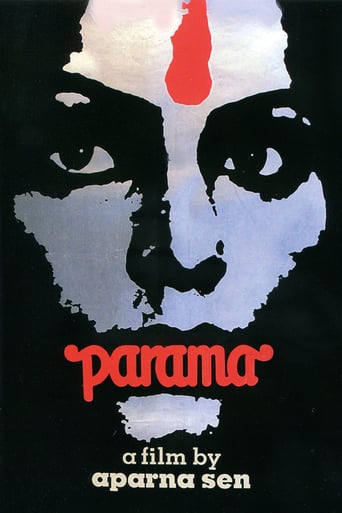
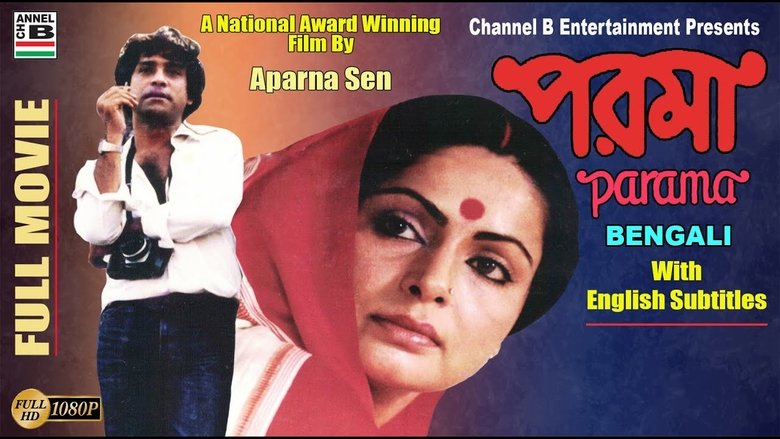
Parama (1985)
The journey of a woman from a mere homemaker to a woman seeking her self identity. This search for self identity is sparked off by a young bohemian photographer, with whom she falls in love while he photographs her for a magazine doing her daily chores.
Watch Trailer
Cast


Similar titles
Reviews
Entertaining from beginning to end, it maintains the spirit of the franchise while establishing it's own seal with a fun cast
When a movie has you begging for it to end not even half way through it's pure crap. We've all seen this movie and this characters millions of times, nothing new in it. Don't waste your time.
The plot isn't so bad, but the pace of storytelling is too slow which makes people bored. Certain moments are so obvious and unnecessary for the main plot. I would've fast-forwarded those moments if it was an online streaming. The ending looks like implying a sequel, not sure if this movie will get one
True to its essence, the characters remain on the same line and manage to entertain the viewer, each highlighting their own distinctive qualities or touches.
At the very outset, we are greeted with the sublime radiance of Paroma: the way she keeps the clock at her in-laws ticking is a treat to watch. Little can we conjecture then that this ordered edifice would crumble, though it seems like a lull before a storm. The sprouting up of the clandestine amour & it's being watered at an increasing frequency does Paroma in at last. Aparna Sen's direction here, as in 'Mr & Mrs Iyer', is so true & exemplary. The film is a feast of moving ideas, so to speak, & remains long after you have watched the film. We must not forget Aparna's skill in forging up such a moving story & turning it into a plausible script.
I watched this movie several times - I love watching movies which are realistic / life like and are different / not routine Bollywood dramas. This one scores the most in my opinion. Rakhee is beautiful and has performed superbly as Paroma. Her innocence as a housewife is characteristics of many women in real life. She represents many housewives in Indian society for whom the family constitutes the entire world and they are content and happy in that role. It is very rare that some stranger will come and disturb this harmony - but in this case Rakhee's beauty attracts a young photographer and her life changes drastically. They fall in love and also have sex affair. This is unusual but may be happening more than we know - mostly underground affairs are not brought out in light.The movie also sheds light on the double standards existing in society where women are held to higher standard of morality. Her husband had affairs himself but still could not tolerate his wife having an affair. Such is fact of life - the movie captures these kind of facts beautifully. Superb direction....Great job by all
I saw the movie for the 4th time.I never get tired of seeing the exquisitely beautiful Rakhi.It is a pity that she virtually stopped acting after being married to Gulzar.In Paroma,she does represent the common woman of India until Rahul arrives on the scene.Her aspirations are limited to the success of her husband and children until Rahul slowly opens her eyes to her inner self through his simple but inquisitive questions.She has acted superb in the movie.Her innocence is striking,when at the end of the movie she innocently says that she has no sense of guilt,when her family and doctors are trying to convince her that she should go through a psychiatric treatment to remove the sense of guilt from her mind.
Parama, the Bengali word means a lot: the great, the best, the original and beyond everything in femininity. In traditional sense a lady identified with the best of the qualities is Parama. The film uncovers the ruthless confinements of gender in traditional patriarchal social setting. In the name of tradition an honest and helpless lady Parama is compelled to pass through the painful experience, though she reaches a great private realization. The articulate narrative may also be (re)viewed as a critical discourse on an ethical emancipation of a particular individual, of gender identity and also of the concerned society from within. On doing so the film effectively questions the orthodoxy, insensible norms and redefines (ab)normality.Parama, the central character of the film--greatly represented by the actress Raakhi Gulzar-- is a common, sincerely devoted, housewife in an urban, affluent, middle-class, joint family living traditionally in a third world metropolis. Parama looks bright, yet indecisive and unmindful in her lonely moments. The film authentically portrays the stereotypical life of Parama, whose sacrifices of individual potential and desire for the sake of family belong to the ideal traditions of the society. Nothing would have been wrong with the smooth life of innocent Parama and her relatives unless much younger Rahul would have started to feel for her. Even the screenplay takes a new turn after the arrival of Rahul. The close shots become more frequent. Introvert Parama emerges prominent and sensitive among diverse members of the large family.Bengalee in origin an American photographer Rahul comes to Parama's family in Kolkata for recording the lineage tradition of celebrating the largest sacred Bengali festival. Parama-sakti, the central deity is the most sacred local goddess. Almost as a sequel of it Rahul chooses Parama to feature an ideal Bengalee housewife. In featuring her Rahul also accompanies Parama to a nostalgic and unconventional journey to her beloved past in Kolkata. The movements of camera, the uses of long shot and the variation of light significantly match the contexts. A viewer, now, might realize the success of Aparna Sen in transforming the mere non-human elements into characters, which authentically enhance the depths of the contexts. An old mansion, a room in an attic, the traditional utensils, the corners of an old city, a few plants etc. appear in those physical details, which suggest their own biographies and silent roles to create an interactive background in the play. In such free play memory is supposed to get a new life.The freedom of desired commemoration, a rebuilding of the private identity as well helps a different Parama coming out in the fullest of her grace. She recovers her vision about some of her unanswered quarries of the past and crosses the limits of present social norms. She enters into a different present with his (ab)normal friend Rahul. The consequence of the exposure of her secret private identity takes its own "traditional" course of public responses. Parama is socially exiled and made "meaningless". After experiencing prolonged trauma Parama moves beyond the fear of death. She recovers her honest feelings, which reject either to find out any guilt for loosing her "prestigious" roles or to regain the same. She reaches a new life. Two representations have their real and metaphorical support to the recovery of Parama: the desperate desire for freedom of her "abnormal" aunt, who was confined in a remote room and her another bold friend, who infrequently appears only to respond to the felt problems of Parama. The narration concludes when in the wonderful, soft light of afternoon the camera zooms in the Rahul's gift of a living plant--the name of which beloved plant Parama forgot to remember after childhood.The screenplay, the cinematography, the casting, the editing and above all the direction are fascinating. Only Mukul Sharma, as Rahul is oddly stiff in that sensitive masculine role. The critics also recognize the popular regional blockbuster as a genuinely easy and outstandingly artistic treatment of the theme, which transcends the boundary of its particular narrative. In historical context of Indian cinema Aparna Sen remains a pioneer in addressing the urban gender situations with such a different and general appeal.


